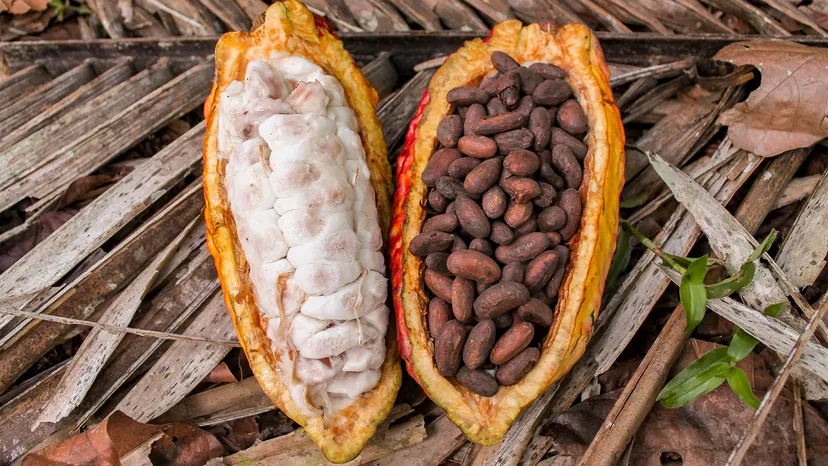
By Edson Baraukwa | Africa Guardian
Russia is set to start importing cocoa beans directly from Nigeria, with initial deliveries expected between September and October, according to Maksim Petrov, Moscow’s trade representative in Nigeria, as reported by TASS.
Russian trading houses, which already export products like frozen fish, alcohol, chocolate, and meat to Nigeria, will handle these new cocoa shipments. Petrov noted that there are three Russian export agencies operating in Nigeria, registered by Russian entrepreneurs.
Petrov highlighted that leading Russian chocolate manufacturers have tested Nigerian cocoa beans and are pleased with their quality. He anticipates the first container shipments will coincide with the autumn cocoa harvest.
In response to a decline in cocoa production from West African nations such as Ivory Coast and Ghana—due to drought and disease—Russia increased its imports of cocoa beans from Ecuador last year. Data from RIA Novosti shows that Russian imports from Ecuador surged 1.6 times to 1,800 tons, with import costs rising 2.1 times to $5.7 million due to increased global cocoa prices.
Petrov explained that Russia’s decision to source cocoa beans directly from Nigeria is part of a broader strategy to diversify its imports away from “unfriendly countries” currently supplying the commodity.
Nigeria ranks as Africa’s third-largest cocoa producer and the fourth-largest globally, following Ivory Coast, Ghana, and Indonesia. According to the Nigerian Export Promotion Council (NEPC), the cocoa sector in Nigeria is primarily composed of around 350,000 smallholder farmers, with commercial plantations covering an average of 1,400,000 hectares. Cocoa is Nigeria’s top non-oil export product.
In May, Nigerian Agriculture Minister Abubakar Kyari reported that Nigeria earned approximately 356.16 billion naira (about $223.9 million) from cocoa beans and related activities in 2023. The minister noted that cocoa is the largest agricultural contributor to Nigeria’s GDP, which is grappling with its most severe economic crisis in decades.
___
